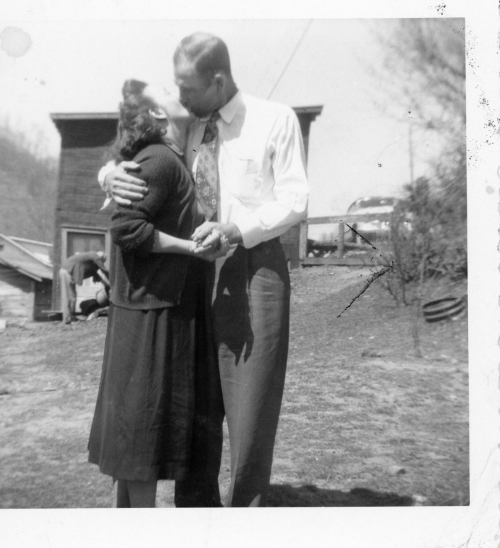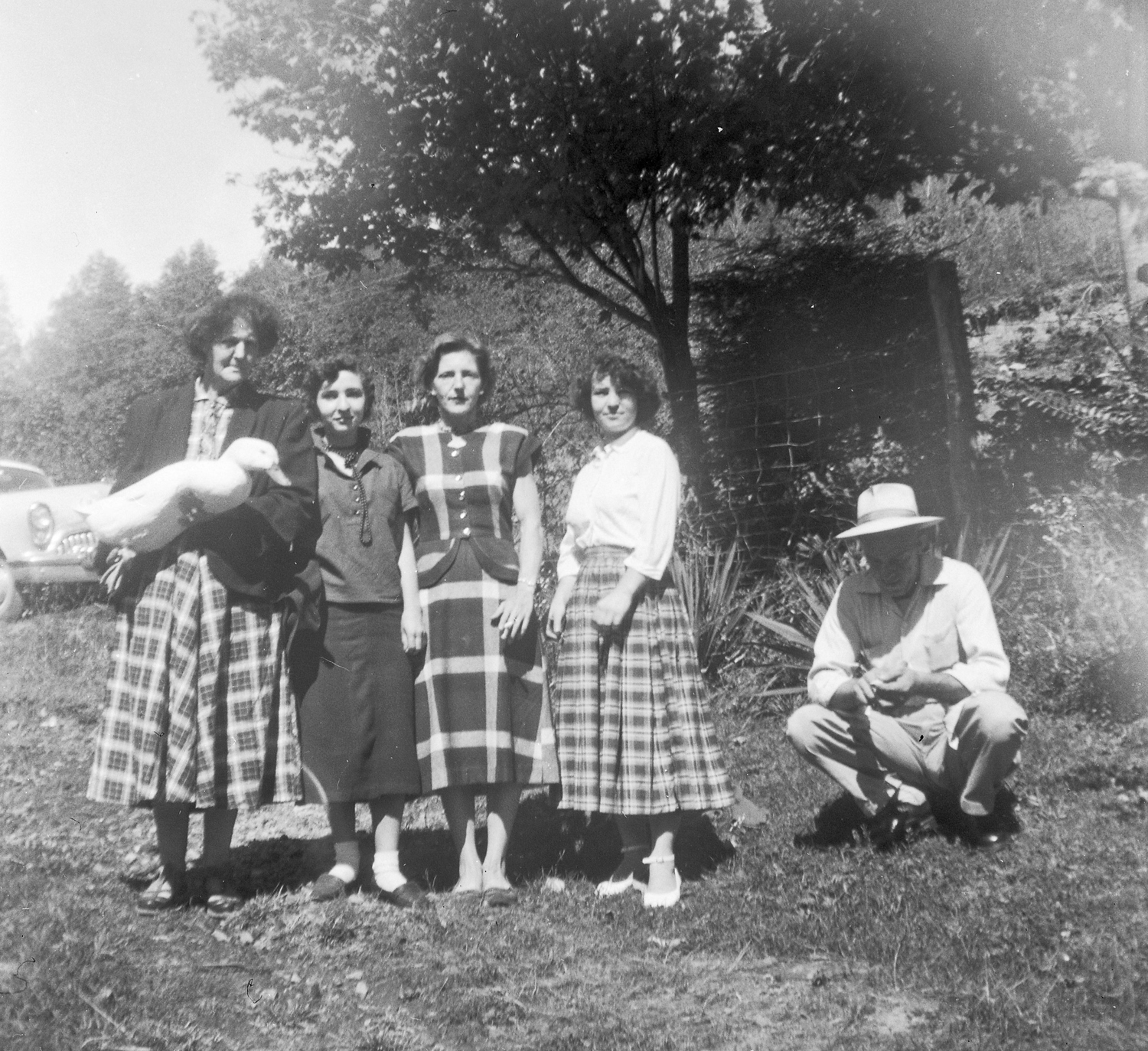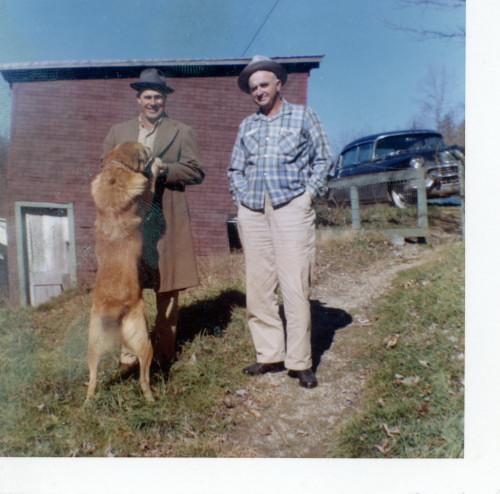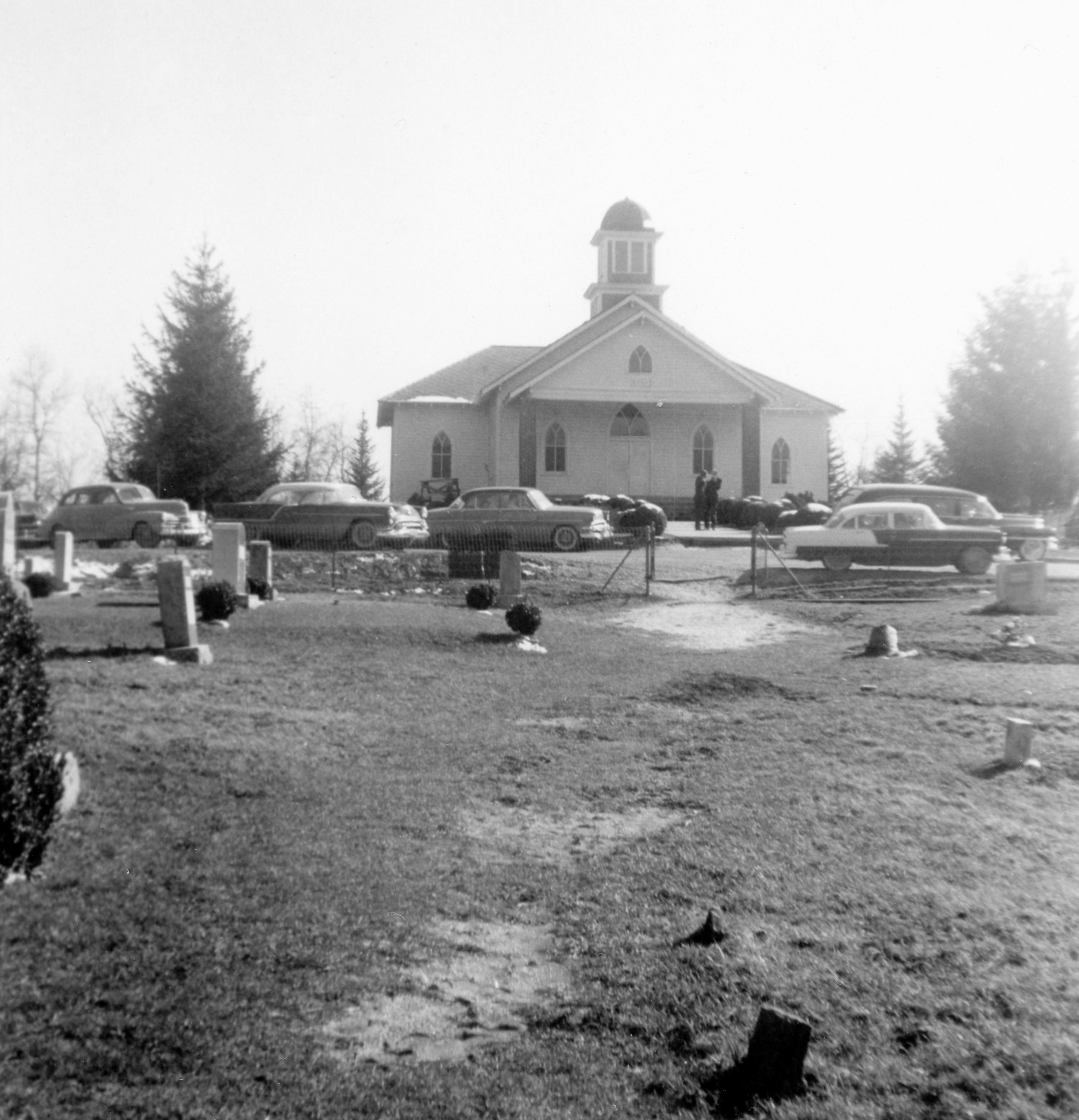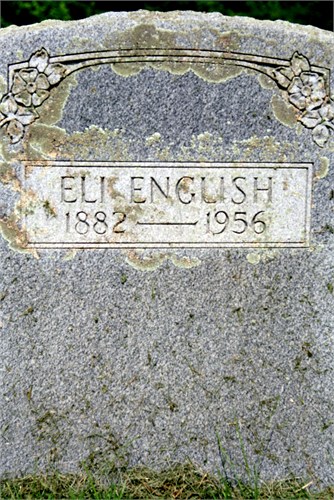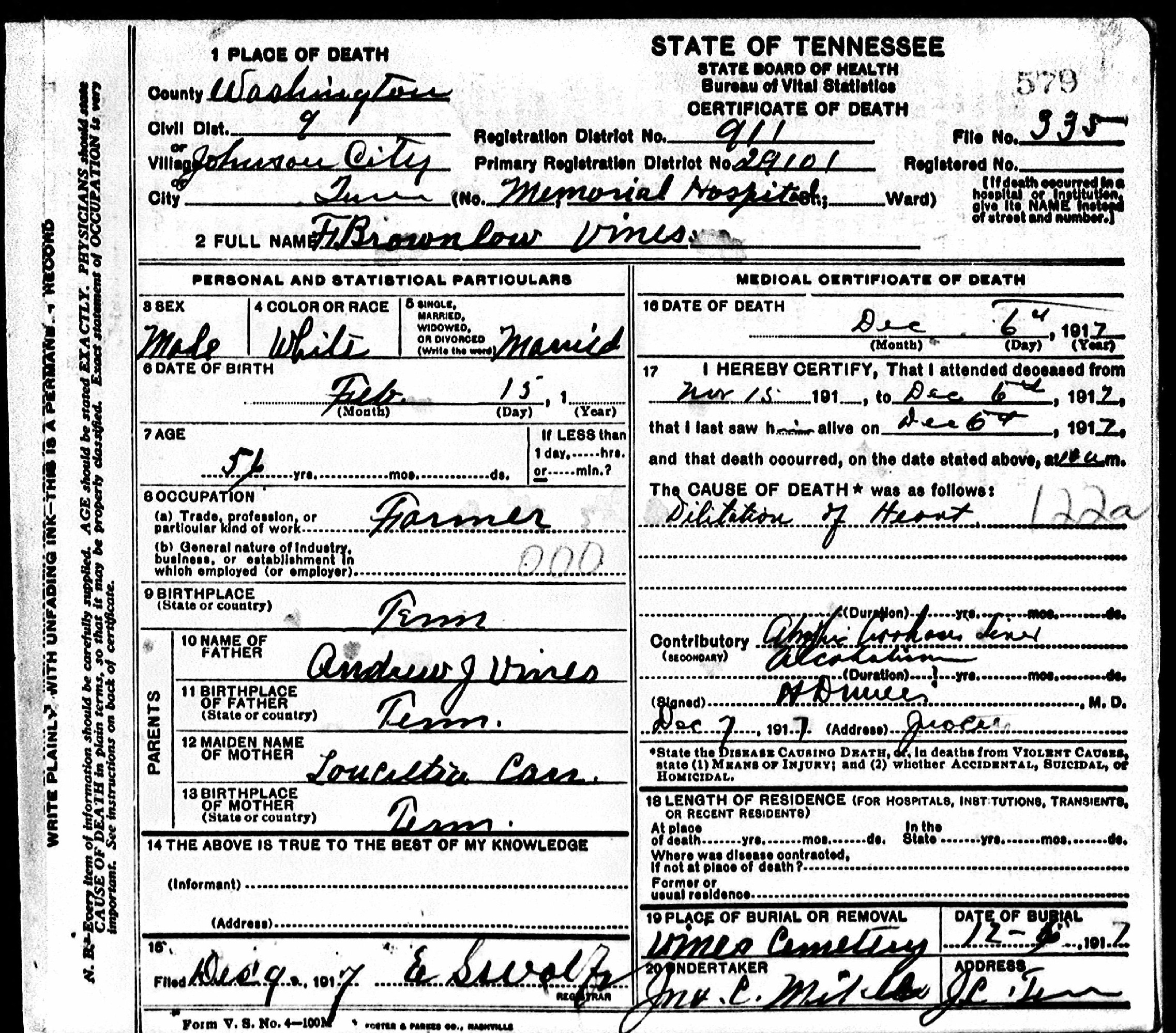Many family trees start with information given by relatives, stories and facts passed down from generation to generation. One such story told again and again focused on my paternal great great grandmother, Nancy Collins. (Nancy belongs to my paternal grandmother's line, not related to Hannah.) The story constantly reiterated about her was that she had five kids and never married. My family said he was a judge, and I knew the man's name: Brown Vines. After finding Hannah on Ancestry.com, I set out my search for my great great grandfather.
I didn't have much trouble finding Nancy Collins in 1880 when she was 16 years old; on page 16 of the census marking District 8 in Washington County, Tennessee, she lived with her father and mother, Calvin and Mary, and her sister. I did a search for Brown Vines and didn't really come up with much, but I figured if they eventually had children together, they probably lived near each other. And my guess paid off: page 18 of the District 8 census shows a Brownlow Vines living on a farm with his father and mother, Andrew and Lucretia, and his five siblings.
At this point, I knew I was on to something. However, the next available census doesn't show up until 1900. One of the most discouraging things facing genealogists researching the late 19th century in the United States is the absence of the 1890 census. The 1890 census, taken in June 1890, was the 11th census taken in the U.S. You can read more about the fate of the 11th census here and here, but to make a long, complicated story short, a fire broke out at the National Archives on January 10, 1921, and subsequent flooding destroyed much of the information. So I have a 20 year gap in their lives, but I still can take the information given in the 1900 census and make some sense of it.
In 1900, Nancy still lived with her parents, and five grandchildren have joined the household: John, Lottie, Henry, Pearl, and Elizabeth. Her family appears on page 14. On page 13, the record shows Brown still living with his parents. Again, they still live very close to each other. In 1910, the story stays pretty much the same: both close neighbors and living with their parents.



